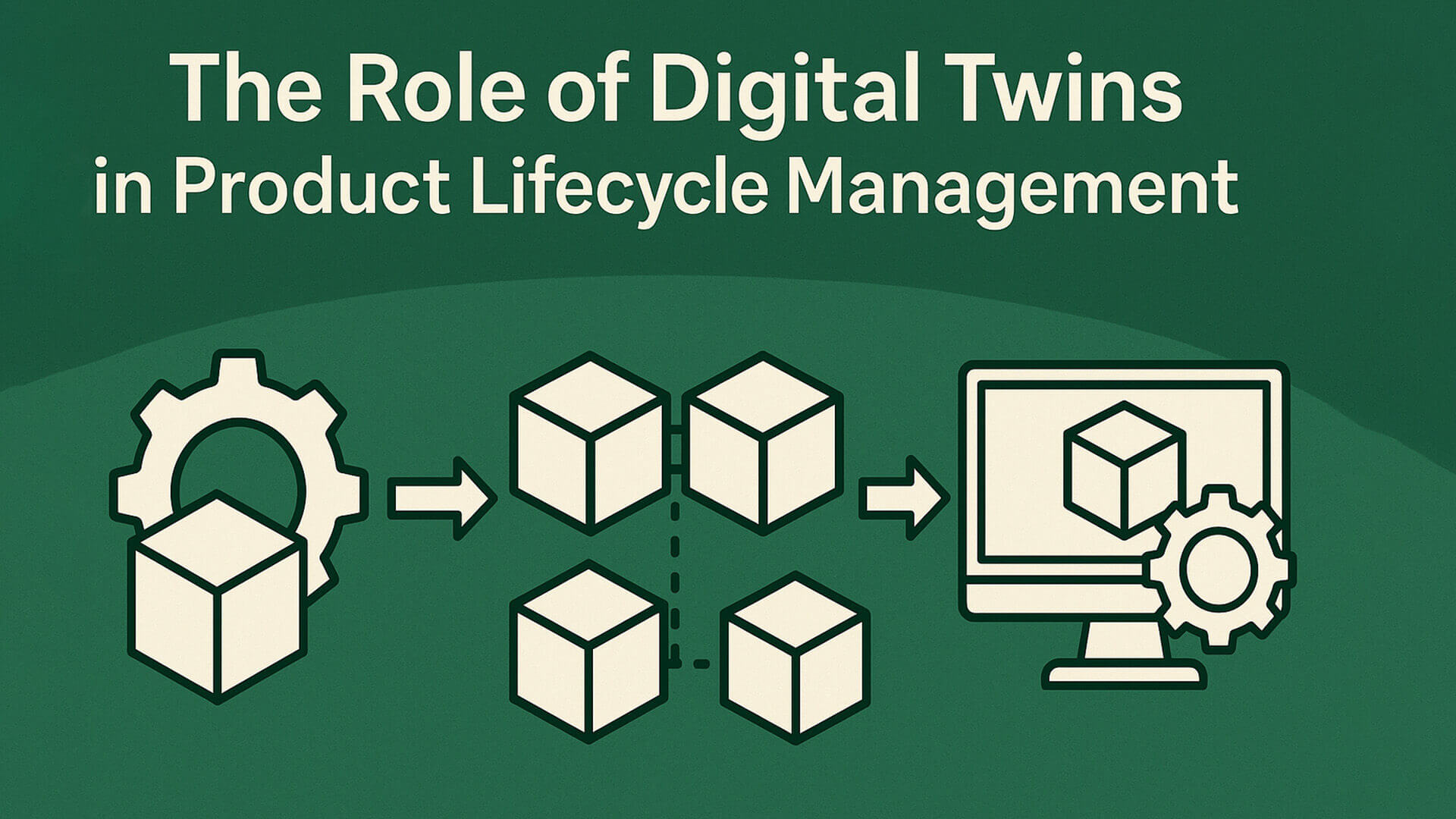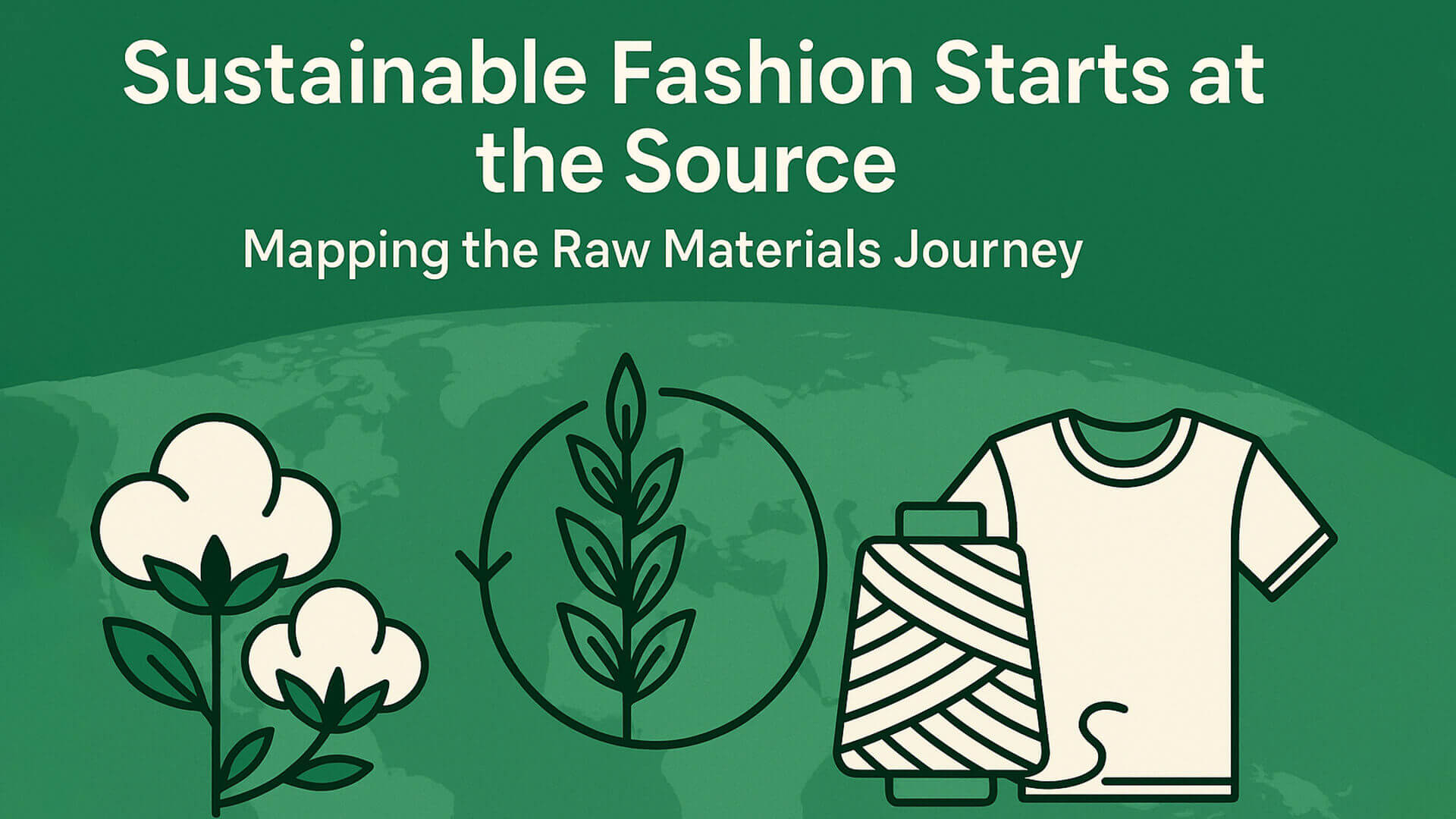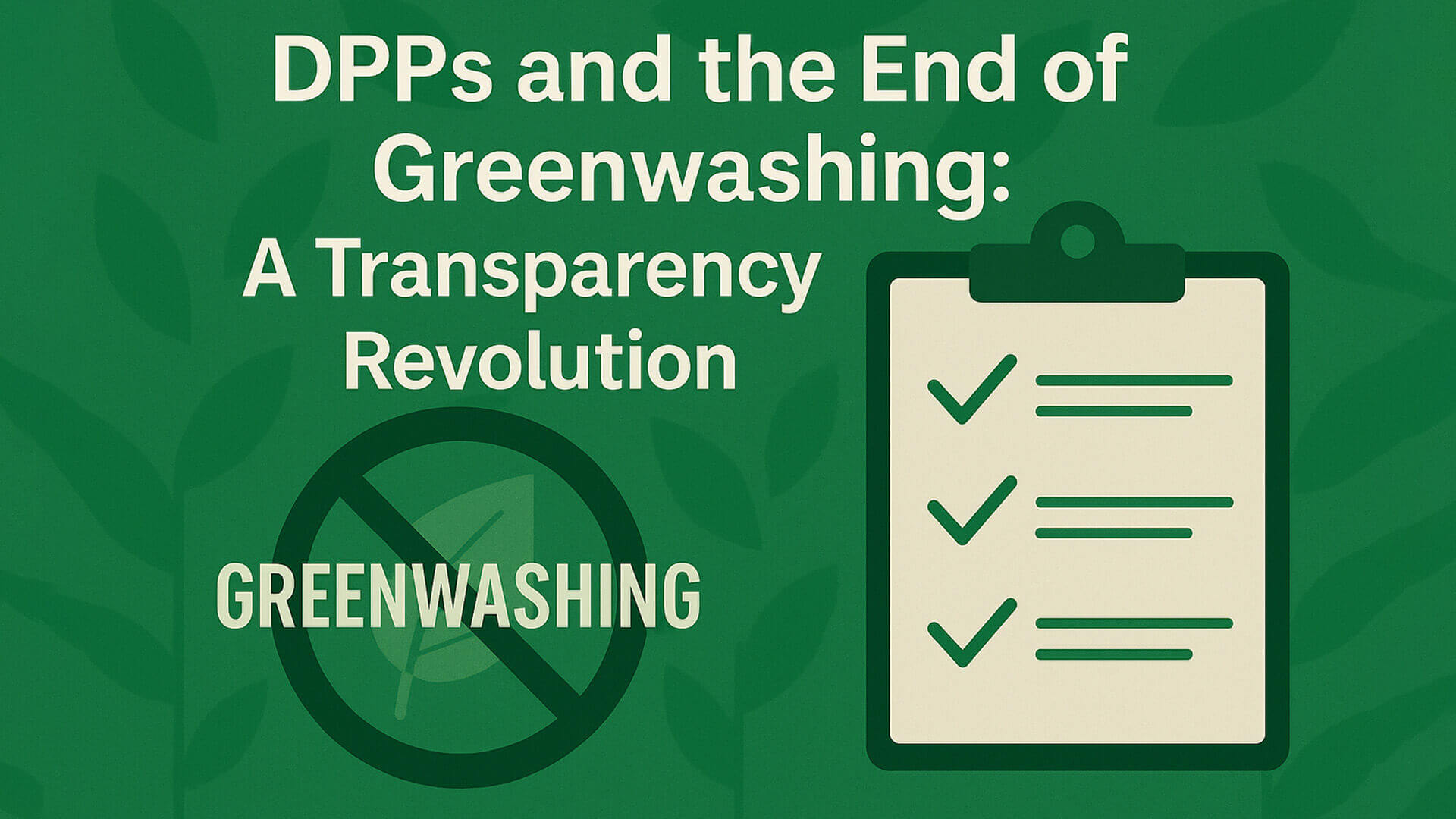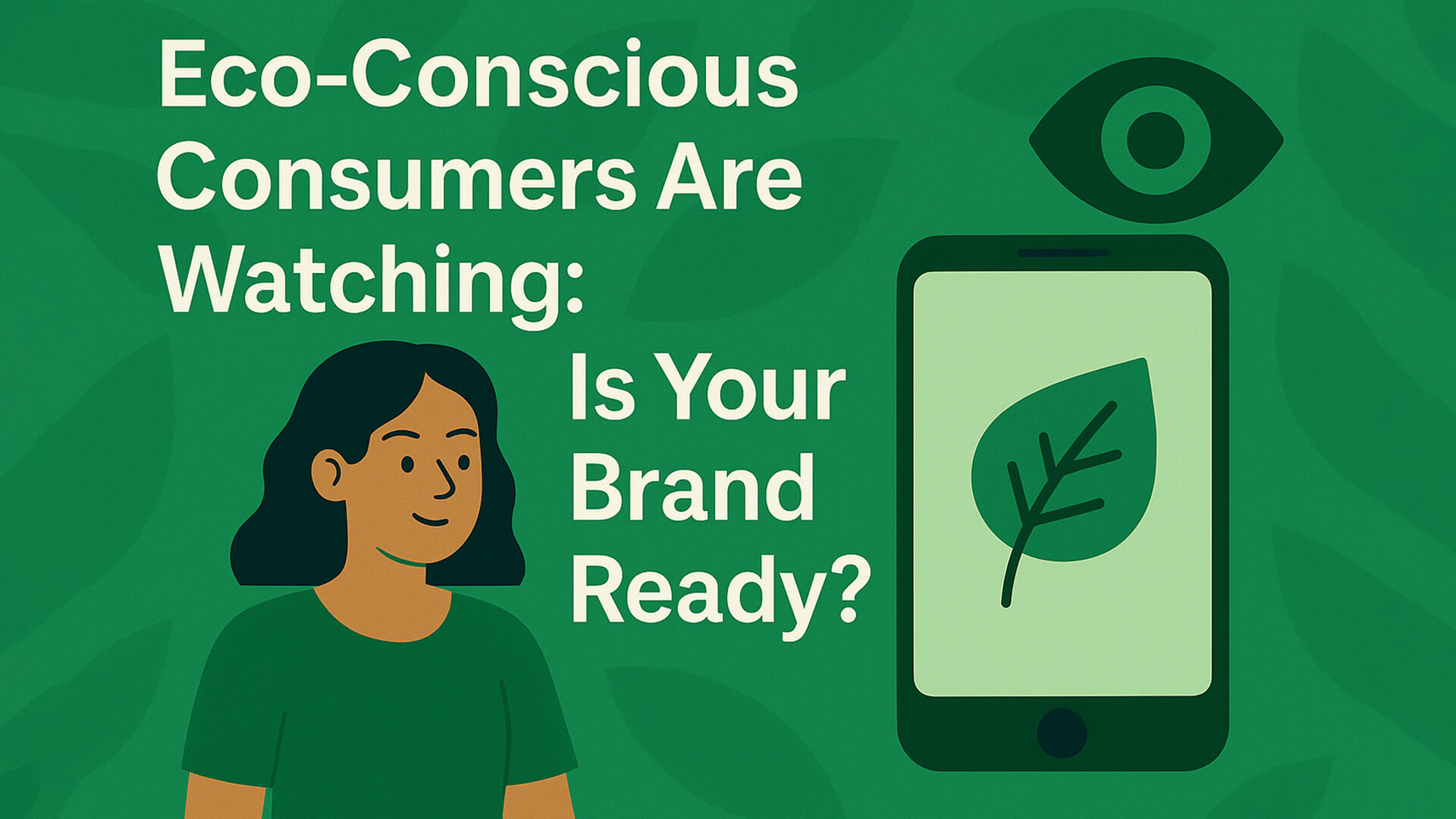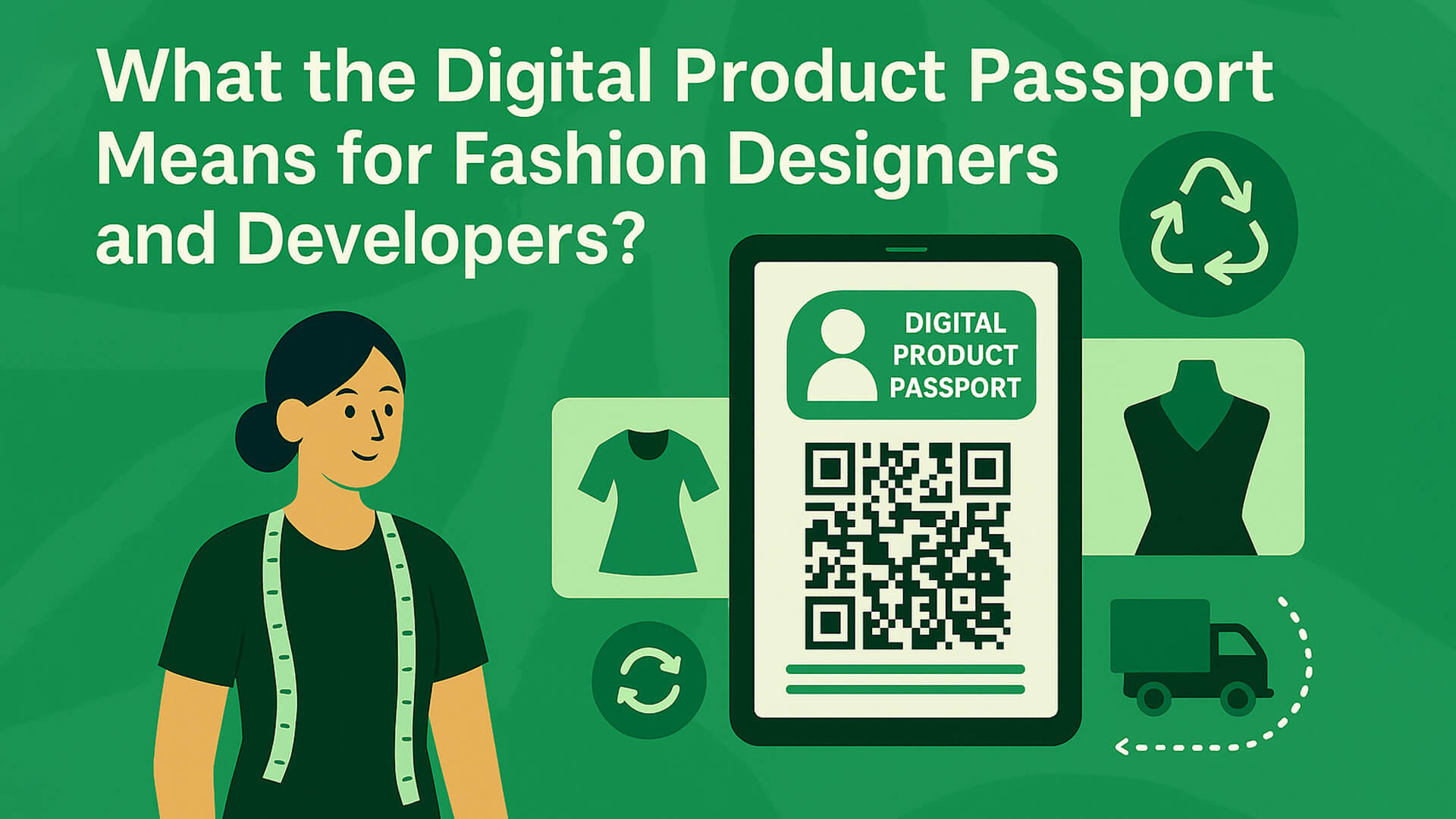- info@greenthreadsdpp.com
- Southampton, United Kingdom
How Transparent Supply Chains Can Increase Customer Loyalty

In today's fast-paced and highly competitive market, customer loyalty is more than just a buzzword—it's a vital ingredient for business success. Companies that cultivate trust with their customers benefit from repeat purchases, positive word-of-mouth, and long-term brand engagement. One powerful way businesses can strengthen customer trust is through supply chain transparency.
Transparency in supply chains means providing clear, accessible, and accurate information about where products come from, how they are made, and the ethical standards upheld throughout the process. With increasing consumer awareness of ethical sourcing, sustainability, and fair labour practices, supply chain transparency has shifted from being a corporate responsibility to a key driver of customer loyalty. In this blog, we’ll explore why transparency matters and how businesses can partner with Green Threads DPP build stronger relationships with their customers and consumers.
The Growing Demand for Ethical and Transparent Practices
Consumers are more informed and conscious than ever before. The rise of social media, investigative journalism, and readily available supply chain data has made it easier for customers to scrutinize how businesses operate behind the scenes. As a result, customers are not just buying products—they are buying into values. A survey by Nielsen found that 73% of global consumers would change their consumption habits to reduce their environmental impact. Similarly, a study by Label Insight revealed that 94% of customers are more likely to be loyal to brands that offer complete transparency. These statistics highlight a fundamental shift: ethical business practices are no longer optional—they are expected.
Some industries are particularly susceptible to consumer scrutiny, such as fashion, food, and technology. For example:
-
The fashion industry is under pressure to ensure fair labour practices and eliminate exploitative working conditions. Brands that disclose sourcing, production details, and fair-trade certifications attract ethical consumers.
-
The food industry faces demand for traceability in ingredient sourcing. Customers want assurance that their food is organic, non-GMO, and sustainably harvested.
-
The tech industry is being held accountable for supply chain components, such as rare mineral extraction and ethical labor conditions in production facilities.
Companies that demonstrate ethical and transparent supply chains can build trust with customers and differentiate themselves from competitors.
Why Transparency Strengthens Customer Loyalty
Transparency isn't just a feel-good marketing strategy—it directly influences customer trust, brand perception, and purchasing decisions. Here's how:
1. Transparency Builds Consumer Trust
Trust is the foundation of loyalty. When customers feel confident that a company is being honest about its supply chain, they are more likely to remain committed to that brand. Businesses that proactively share details about sourcing, manufacturing, and environmental practices create credibility, proving they have nothing to hide.
2. Differentiation in a Crowded Market
A transparent supply chain can be a unique selling proposition. In industries flooded with similar products, brands that openly communicate about ethical sourcing and sustainability stand out. Customers appreciate companies that align with their values, leading to stronger brand attachment.
3. Accountability Creates Brand Resilience
Companies that embrace transparency are less vulnerable to reputational damage. In contrast, businesses that hide unethical supply chain practices risk public backlash, boycotts, and loss of customer trust when misconduct is exposed. Transparency not only prevents scandals but also strengthens brand integrity.
4. Empowers Customers to Make Informed Decisions
Modern consumers want control over their purchasing decisions. By providing supply chain data—such as product origins, fair trade certifications, and carbon footprint statistics—brands empower customers to make choices that reflect their values. When customers feel involved in ethical consumption, they are more likely to return to brands they trust.
Strategies for Implementing Supply Chain Transparency
Businesses that wish to enhance supply chain transparency must go beyond marketing and integrate meaningful practices. Here are some key strategies:
1. Use Technology to Improve Traceability
Blockchain technology, RFID tracking, and AI-driven analytics and Digital Product Passports can help businesses enhance traceability in their supply chains. Companies like IBM and Walmart have implemented blockchain to track food production, ensuring safety and accountability.
2. Provide Clear and Accessible Information
Brands should clearly communicate supply chain data. Whether it’s through website disclosures, product labels, or customer service teams, businesses must ensure that consumers can easily access sourcing information.
3. Partner with Ethical Suppliers
Choosing suppliers that uphold ethical practices ensures consistency in transparency efforts. Brands should actively engage in audits, certifications, and fair trade partnerships to verify ethical sourcing.
4. Engage Consumers Through Storytelling
Consumers love to hear the story behind the products they purchase. Brands can create engaging narratives that humanize their supply chain—highlighting artisans, sustainable practices, and fair labour initiatives.
5. Adopt Certifications and Compliance Standards
Adhering to global sustainability and fair-trade certifications adds legitimacy to transparency claims. Certifications such as Fair Trade, B Corp, and FSC (Forest Stewardship Council) enhance customer confidence.
6. Get ahead of the game with your Digital Product Passport strategy
With DPP legislation just around the corner it could be easy to underestimate the amount of work involved in getting your initial DPP strategy dialled in. By working with Green Threads you can pass on the administrative burden and reduce the time and resource required to launch your initial DPP solution.
Real-World Examples of Transparent Supply Chains
Several successful companies have harnessed transparency to strengthen customer loyalty. Here are a few inspiring examples:
Patagonia (Fashion Industry)
Patagonia has built its brand around environmental responsibility and ethical sourcing. They publicly disclose their suppliers, factories, and sustainability efforts, proving their commitment to transparency.
Everlane (Fashion Industry)
Everlane follows a “Radical Transparency” model, where they break down product costs, factory locations, and ethical labor practices. Their approach has fostered a loyal customer base that appreciates honesty in pricing and production.
Starbucks (Food Industry)
Starbucks has a robust ethical sourcing program for coffee beans, ensuring that farmers receive fair wages and operate in sustainable conditions. They openly publish details of their Coffee and Farmer Equity (C.A.F.E.) practices.
Apple (Tech Industry)
Apple has made strides in improving supply chain transparency by publishing annual Supplier Responsibility Reports, which outline their efforts to ensure ethical labor practices and reduce environmental impact.
Conclusion
In an era where trust and ethics play a crucial role in purchasing decisions, businesses can no longer afford to keep their supply chains hidden. Transparency is a direct pathway to customer loyalty, reinforcing brand integrity, consumer trust, and long-term commitment.
Companies that embrace ethical sourcing, fair labor practices, and sustainability efforts earn customer respect, giving them a competitive edge in the marketplace. When businesses take proactive steps toward open communication and responsible sourcing, they create lasting relationships with consumers who value honesty.
So, the question isn’t whether transparency can increase customer loyalty—it’s whether businesses can afford not to embrace it.

